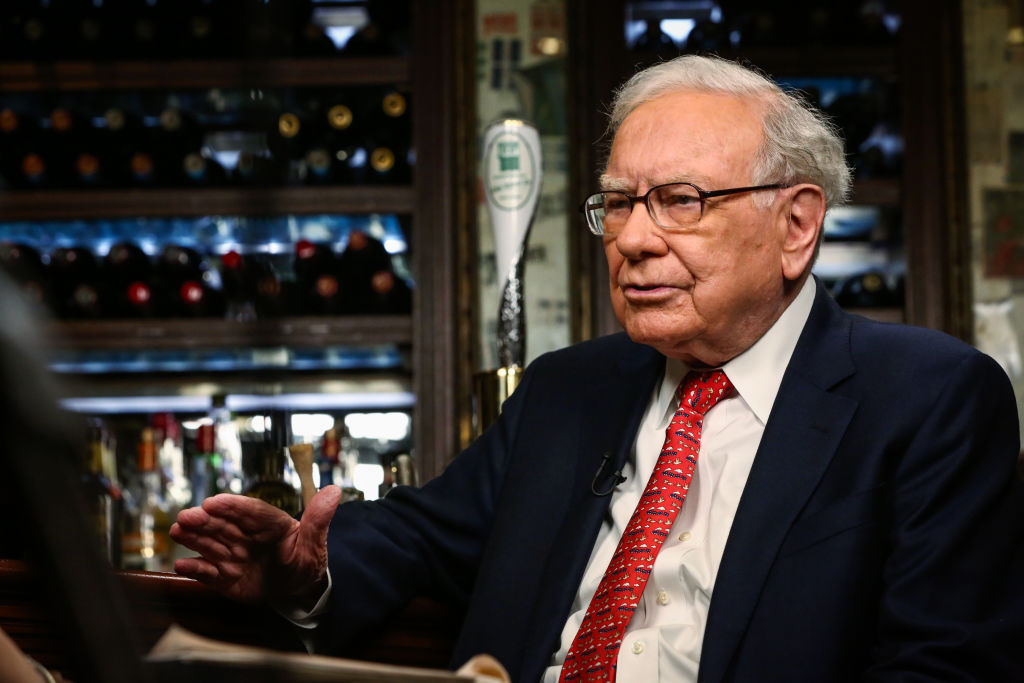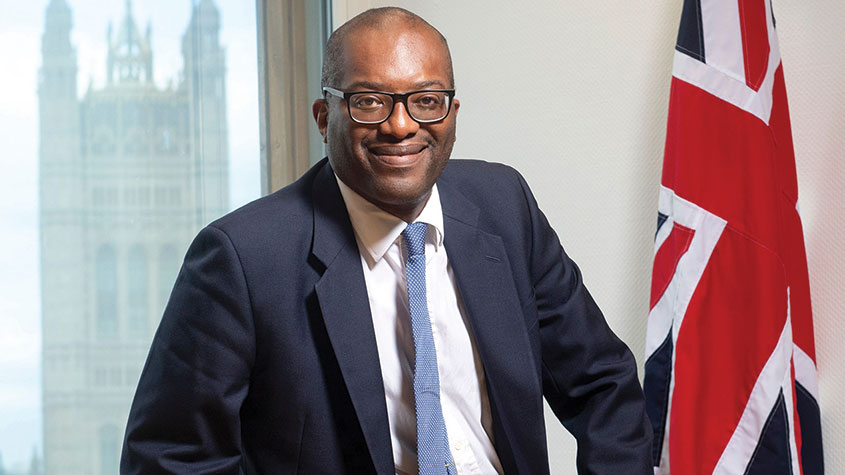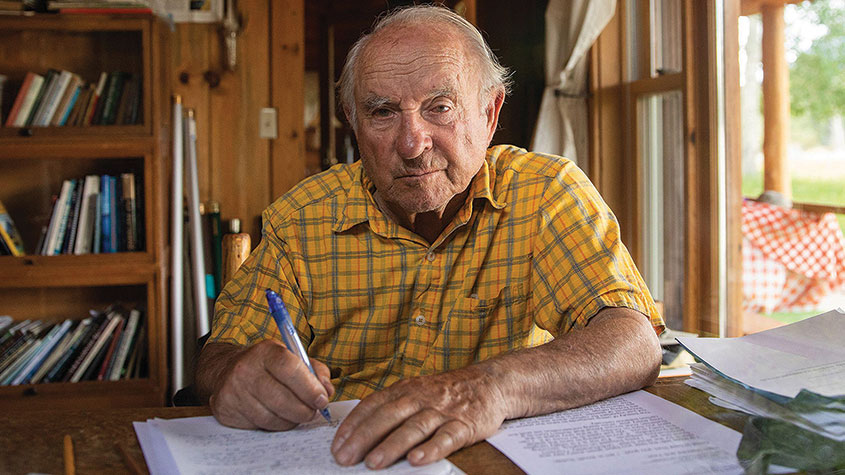Great frauds in history: Nicholas Cosmo and the big gambles that turned sour
Nicholas Cosmo conned 4,000 investors out of a total of $195m.


Get the latest financial news, insights and expert analysis from our award-winning MoneyWeek team, to help you understand what really matters when it comes to your finances.
You are now subscribed
Your newsletter sign-up was successful
Want to add more newsletters?
Nicholas Cosmo was born in Long Island, New York, in 1971, and enjoyed a brief career as a minor-league baseball player. This did not lead to the success he had hoped for, so he decided to become a stockbroker instead, getting his licence to trade in 1993. Cosmo was by all accounts a good salesman, but a gambling habit got out of control and he took $177,000 from clients’ accounts to cover gambling losses. He declared bankruptcy and was jailed in 1998. Released from Federal prison in 2000, he set up Agape World Inc. with money from his parents and a government grant.
What was the scam?
Agape World claimed to make money for its investors through short-term real-estate loans designed to meet the need of those moving properties who require short-term liquidity. Cosmo did indeed try to find people to lend money to, but the return on the loans was far less than the high rates of interest that he was promising his investors. At the same time, he started looting the business to cover his personal property speculation, his online futures trading (totalling $80m) and personal expenses. As a result, he came to rely on a constant infusion of new money to repay investors, turning his firm into a Ponzi scheme.
What happened next?
The scheme seemed to work well to start with, attracting plenty of new investors by word of mouth. In the financial crisis of 2008, however, investors started to demand their money back to compensate for losses that they had made on other investments. When Cosmo told them they would have to wait, they hired a private investigator who discovered the fraud and alerted the authorities. Eventually, the US postal service and the FBI got involved, shutting down the scheme in early 2009. Cosmo would eventually be sentenced to 25 years in prison.
Try 6 free issues of MoneyWeek today
Get unparalleled financial insight, analysis and expert opinion you can profit from.

Sign up to Money Morning
Don't miss the latest investment and personal finances news, market analysis, plus money-saving tips with our free twice-daily newsletter
Don't miss the latest investment and personal finances news, market analysis, plus money-saving tips with our free twice-daily newsletter
Lessons for investors
Agape claimed it had $400m in assets at the time of its collapse, but in fact it had only $750,000 in its bank account. Overall, 4,000 investors, many of whom had invested on the advice of friends, lost a total of $195m invested in the scheme, recovering only about 10% of their money. It’s tempting to follow what people you know are doing, especially if they seem to be successful at it, but it’s wise to keep your financial and personal life separate. Check that the person running any scheme you are considering has no prior convictions.
Get the latest financial news, insights and expert analysis from our award-winning MoneyWeek team, to help you understand what really matters when it comes to your finances.

-
 Review: Pierre & Vacances – affordable luxury in iconic Flaine
Review: Pierre & Vacances – affordable luxury in iconic FlaineSnow-sure and steeped in rich architectural heritage, Flaine is a unique ski resort which offers something for all of the family.
-
 Could you get cheaper loans under ‘significant’ FCA credit proposals?
Could you get cheaper loans under ‘significant’ FCA credit proposals?The Financial Conduct Authority has launched a consultation which could lead to better access to credit for consumers and increase competition across the market, according to experts.
-
 VICE bankruptcy: how did it happen?
VICE bankruptcy: how did it happen?Was the VICE bankruptcy inevitable? We look into how the once multibillion-dollar came crashing down.
-
 What is Warren Buffett’s net worth?
What is Warren Buffett’s net worth?Warren Buffett, sometimes referred to as the “Oracle of Omaha”, is considered one of the most successful investors of all time. How did he make his billions?
-
 Kwasi Kwarteng: the leading light of the Tory right
Kwasi Kwarteng: the leading light of the Tory rightProfiles Kwasi Kwarteng, who studied 17th-century currency policy for his doctoral thesis, has always had a keen interest in economic crises. Now he is in one of his own making
-
 Yvon Chouinard: The billionaire “dirtbag” who's giving it all away
Yvon Chouinard: The billionaire “dirtbag” who's giving it all awayProfiles Outdoor-equipment retailer Yvon Chouinard is the latest in a line of rich benefactors to shun personal aggrandisement in favour of worthy causes.
-
 Johann Rupert: the Warren Buffett of luxury goods
Johann Rupert: the Warren Buffett of luxury goodsProfiles Johann Rupert, the presiding boss of Swiss luxury group Richemont, has seen off a challenge to his authority by a hedge fund. But his trials are not over yet.
-
 Profile: the fall of Alvin Chau, Macau’s junket king
Profile: the fall of Alvin Chau, Macau’s junket kingProfiles Alvin Chau made a fortune catering for Chinese gamblers as the authorities turned a blind eye. Now he’s on trial for illegal cross-border gambling, fraud and money laundering.
-
 Ryan Cohen: the “meme king” who sparked a frenzy
Ryan Cohen: the “meme king” who sparked a frenzyProfiles Ryan Cohen was credited with saving a clapped-out videogames retailer with little more than a knack for whipping up a social-media storm. But his latest intervention has backfired.
-
 The rise of Gautam Adani, Asia’s richest man
The rise of Gautam Adani, Asia’s richest manProfiles India’s Gautam Adani started working life as an exporter and hit the big time when he moved into infrastructure. Political connections have been useful – but are a double-edged sword.